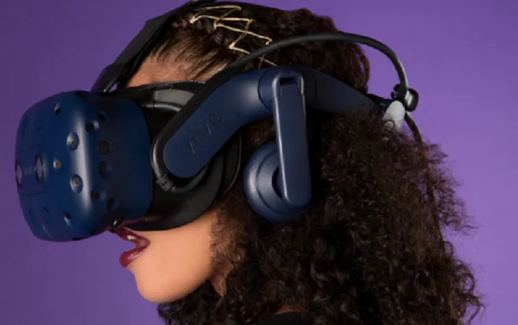UK drugs regulator uses VR to train staff on GMP standards

The UK’s drugs regulator has taken an innovative approach to training using virtual reality (VR) to provide staff with educational lectures.
The Medicines and Healthcare products Regulatory Agency (MHRA) has joined with US-based Quality Executive Partners (QxP), a life sciences management consulting firm that has an on-demand educational platform based on VR.
A team of five senior sterile experts from the MHRA’s GMP (Good Manufacturing Practices) Inspectorate was QxP’s beta partner in the pilot programme.
The MHRA team reviewed selected educational lecture content and VR experiences, which simulated daily operations within controlled manufacturing and microbiology laboratory settings.
Beyond a technical review, the insights reinforced the foundational science and helped users understand the purpose behind the controls expected to be present during GMP inspections of sterile manufacturing facilities.
This is the latest example of VR-based education in the pharma industry and healthcare – it is also being developed as a tool to help patients with medicines adherence in a UK hospital, for instance.
VR also has potential therapeutic uses – it is being developed as a rehab platform for stroke and traumatic injury patients by Swiss firm MindMaze, for example.
QxP said that the MHRA has now received the first deployed VR workstation, which will be upgraded to the full commercial release.
The workstation will act as a source of internal training for the MHRA’s GMP Inspectorate, said QxP’s CEO, Crystal Mersh.
She said: “We are so pleased to have the benefit of MHRA’s review and perspectives within our Virtuosi Sterile Manufacturing and Microbiology series.
“The MHRA team has been a key regulatory supporter during our journey in developing this commercial VR educational technology.”
Virtuosi has 32 educational episodes and 18 VR interactive experiences and has also been reviewed by former FDA national expert for sterile manufacturing facilities, Bob Coleman.
The 80 hours of instruction is paced according to the user and includes process checks and knowledge assessments that can be customised to each organisation’s needs.













